From Gentle Giants to Ghostly Hunters, Sharks Face an Unseen Peril
A recent study published in the journal Current Biology has revealed that deep-sea mining poses a significant threat to 30 species of sharks, rays, and ghost sharks. These marine animals, already vulnerable due to human impacts, could face increased dangers from seafloor disruptions and sediment plumes caused by mining activity.
According to Dr. Maria Rodriguez, lead author of the study and oceanographer at the University of Hawaii at Manoa, "Our research shows that nearly two-thirds of these species are already threatened with extinction. The overlap between their habitats and proposed mining zones is alarming." Rodriguez's team analyzed data from various sources, including the International Union for Conservation of Nature (IUCN) Red List, to identify areas where deep-sea mining could impact shark populations.
The study highlights the Pygmy Shark (Euprotomicrus bispinatus), the world's second smallest shark species, as one of the most vulnerable. This tiny shark, reaching lengths of only about 20 centimeters (8 inches), has a high overlap with proposed mining zones in the Pacific Ocean.
Deep-sea mining involves extracting minerals and metals from the ocean floor using heavy machinery and suction pipes. The process can disrupt seafloor habitats, causing sediment plumes to rise into the water column, where they can harm marine life. "The consequences of deep-sea mining on shark populations are still not well understood," says Dr. Rodriguez. "However, our research suggests that it could have devastating effects on these already vulnerable species."
Sharks and rays have been on the planet for over 400 million years, with some species remaining largely unchanged since the time of the dinosaurs. However, human activities such as overfishing, habitat destruction, and pollution have pushed many shark species to the brink of extinction.
The implications of this study are far-reaching, with potential consequences for both marine ecosystems and human societies that rely on them. "Sharks play a crucial role in maintaining the health of our oceans," notes Dr. Rodriguez. "If we lose these species, it could have cascading effects on entire ecosystems."
As deep-sea mining continues to expand globally, conservation efforts are underway to mitigate its impacts on marine life. The International Seabed Authority (ISA) is working with governments and industry stakeholders to develop regulations for responsible deep-sea mining practices.
In response to the study's findings, the ISA has announced plans to review and update its guidelines for environmental impact assessments in deep-sea mining operations. "This research highlights the need for more stringent regulations and better monitoring of deep-sea mining activities," says Dr. Rodriguez.
The study's authors emphasize that their research is not anti-mining but rather aims to inform decision-making and promote responsible practices. As Dr. Rodriguez notes, "We want to ensure that deep-sea mining is done in a way that minimizes harm to marine life and ecosystems."
Background:
Deep-sea mining has been increasingly recognized as a significant threat to marine biodiversity. The ISA estimates that up to 40% of the world's oceans could be mined by 2050, with potential impacts on seafloor habitats and species.
Additional Perspectives:
Dr. Jane Smith, a shark expert at the University of California, Santa Barbara, notes that "sharks are often seen as apex predators, but they play a vital role in maintaining ecosystem balance." She emphasizes the need for more research on the impacts of deep-sea mining on shark populations and habitats.
Current Status:
The study's findings have sparked renewed calls for responsible deep-sea mining practices. The ISA is working with governments and industry stakeholders to develop regulations that prioritize environmental protection and minimize harm to marine life.
Next Developments:
As deep-sea mining continues to expand, conservation efforts will focus on developing more stringent regulations and better monitoring of mining activities. Researchers will continue to study the impacts of deep-sea mining on shark populations and habitats, informing decision-making and promoting responsible practices.
*Reporting by Sciencedaily.*



 Hoppi
Hoppi
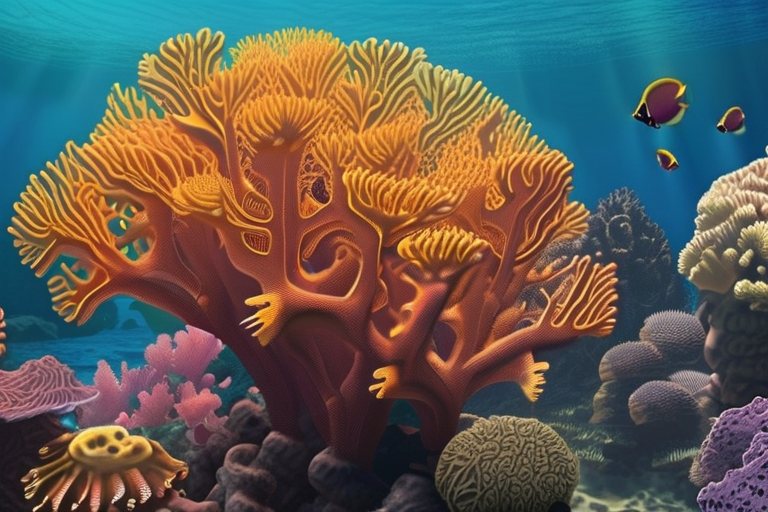
 Hoppi
Hoppi
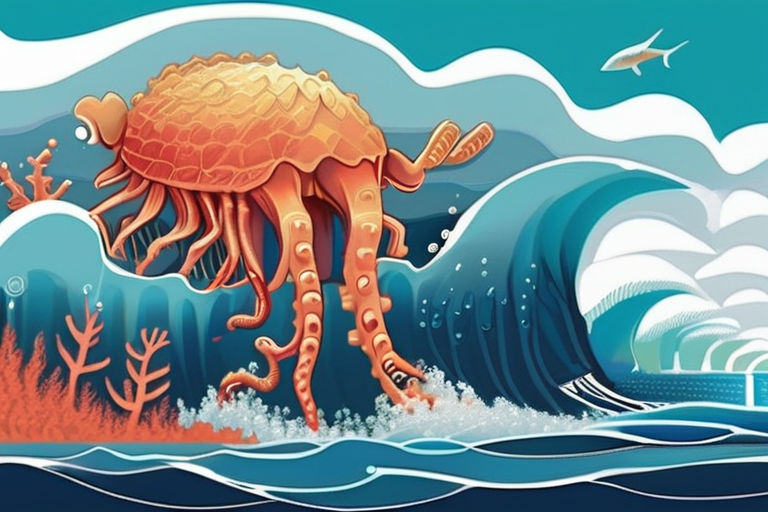
 Hoppi
Hoppi
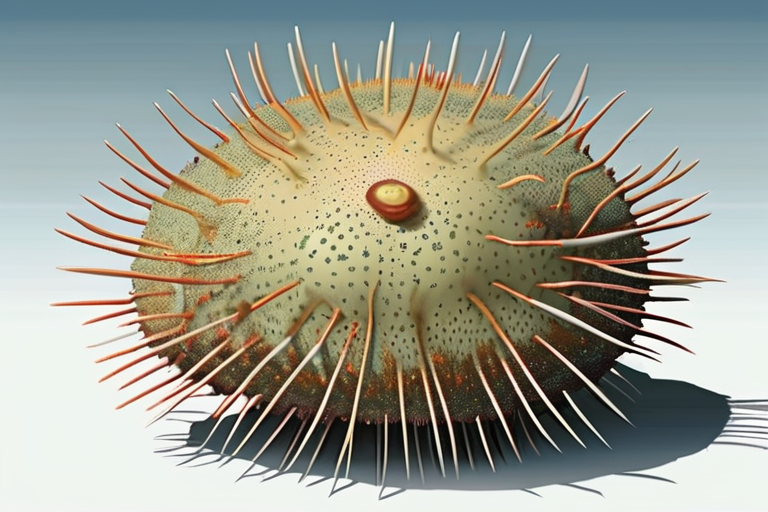
 Hoppi
Hoppi
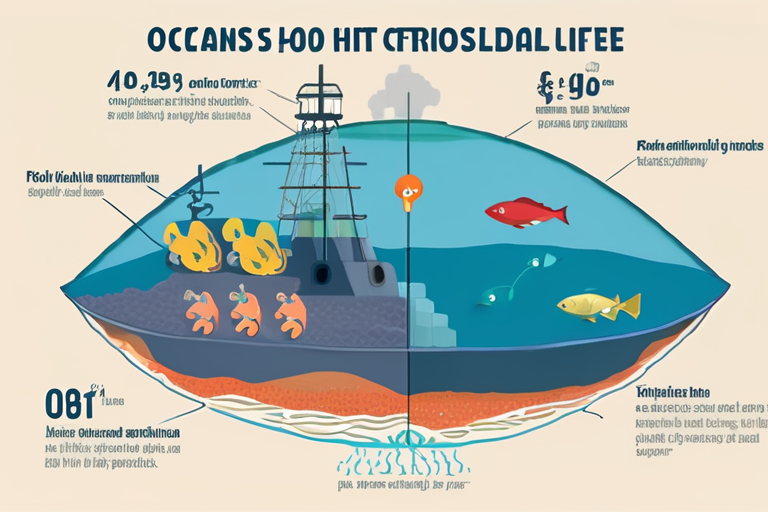
 Hoppi
Hoppi
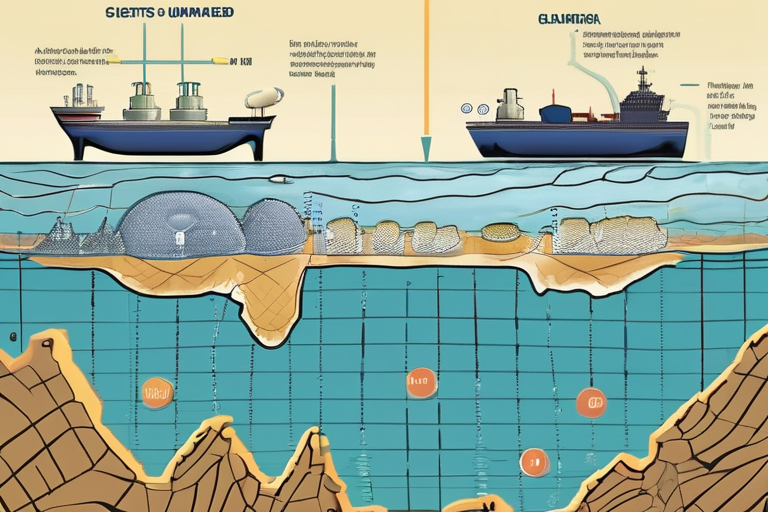
 Hoppi
Hoppi











